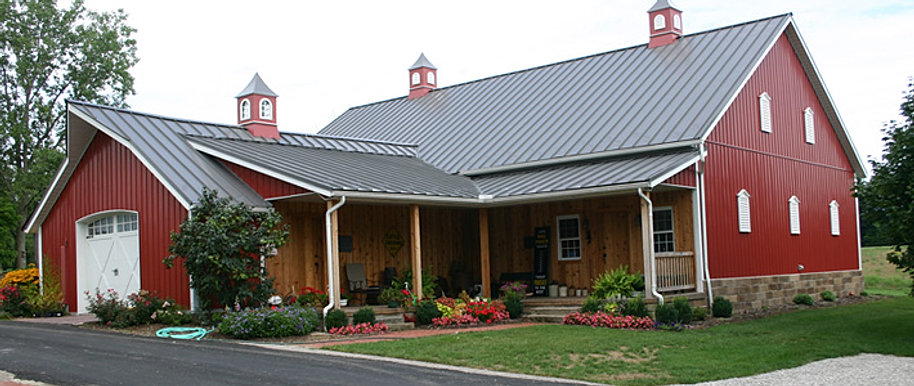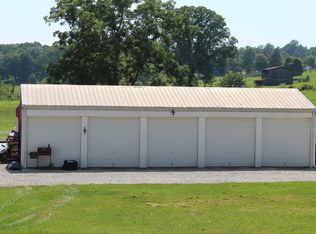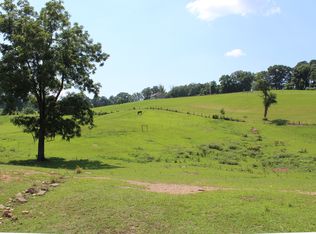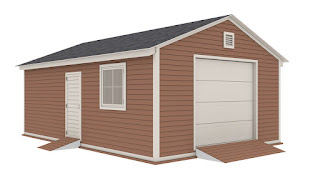Build shed
Saturday, February 8, 2025
Storage Shed Plans: Organize Your Tools and Equipment
Storage Shed Plans: Organize Your Tools and Equipment
So, you're finally tackling that overflowing garage or cluttered backyard? Fantastic! Building a storage shed is a fantastic way to reclaim your space and get organized. But before you grab your hammer and nails, let's talk about planning. Building a shed isn't just about throwing up four walls and a roof; it's about creating a functional, efficient, and user-friendly space for your tools and equipment. This article will walk you through the process, making sure you're prepared for every step.
Planning Your Storage Shed: More Than Just Size
The size of your shed is, of course, crucial, but it's just the starting point. Think about what you'll be storing. Are we talking lawnmowers and gardening tools, or are we dealing with a collection of vintage motorcycles and a small workshop? The more you store, the larger the shed needs to be, naturally. But beyond sheer volume, consider:
Location, Location, Location!
Where will the shed sit? Consider access – do you need a wide driveway for easy maneuvering? Is there adequate sunlight for natural light (and potentially to help things dry)? Are there any local building codes or homeowner association rules you need to adhere to regarding shed placement and size? Think about proximity to power sources if you're planning on electrical outlets inside. And, vitally, ensure the ground is level and stable for a solid foundation.
Foundation Fundamentals: Choosing the Right Base
The foundation is the unsung hero of any shed. A wobbly base leads to a wobbly shed, which is both annoying and potentially dangerous. You have several options:
- Concrete Slab: The most durable but also the most expensive and labor-intensive option. Ideal for heavier sheds and those in areas with challenging ground conditions.
- Gravel Base: A more affordable option, but it requires careful leveling and compaction. It's a good choice for lighter sheds and well-drained soil.
- Wooden Skids or Sleepers: Relatively simple to install, but requires regular maintenance to prevent rot and insect damage. Best suited for lighter sheds on stable ground.
Materials Matter: Wood, Metal, or Plastic?
Each material offers distinct advantages and disadvantages:
- Wood: Classic, customizable, and relatively easy to work with. However, it requires regular maintenance to protect it from the elements.
- Metal: Durable and low-maintenance, but can be more expensive upfront and prone to rust or dents.
- Plastic: Affordable and low-maintenance, but generally less durable and might not offer the same aesthetic appeal.
Designing for Efficiency: Maximize Your Space
Once you've decided on size and materials, it's time to think about the interior layout. A well-designed shed is as much about organization as it is about storage.
Shelving Systems: The Backbone of Organization
Shelving is your best friend! Consider adjustable shelves to accommodate different sized items. Think about the height of your items - tall shelves for long-handled tools, lower shelves for smaller items. You can even incorporate specialized shelving for hanging tools or storing oddly-shaped items.
Workbenches: A Dedicated Workspace
If you plan on using your shed for repairs or DIY projects, a workbench is a must-have. Consider the size and materials carefully. A sturdy workbench is a worthwhile investment.
Vertical Space: Don't Forget the Walls and Ceiling!
Don't let vertical space go to waste! Install pegboards or wall-mounted organizers to store smaller tools and equipment. Consider using the ceiling for storing items you rarely access, such as holiday decorations or seasonal equipment.
Door Placement and Size: Easy Access is Key
Think about the size and placement of your doors. A double door might be necessary for larger equipment. Consider the direction your doors open – you don't want them to block access to other areas.
Lighting and Ventilation: Essential Considerations
Adequate lighting is crucial for safety and ease of use. Consider both natural light (windows) and artificial lighting (electric lights). Ventilation is essential to prevent mold and mildew. Vents or windows can help ensure good airflow.
Building Your Storage Shed: Step-by-Step
Once your plans are finalized, it's time to get building! This is where your chosen plan comes in. Whether you're using a pre-fabricated kit or building from scratch, follow the instructions carefully. If you're not confident in your DIY skills, consider hiring a professional. Remember safety first – always wear appropriate safety gear (gloves, eye protection, etc.).
Gathering Your Tools and Materials
Before you start, make a thorough list of all the tools and materials you'll need. This will save you time and frustration down the line.
Following the Plan: One Step at a Time
Take your time and follow the instructions precisely. Don't rush the process – a well-built shed will last for years.
Seeking Professional Help When Needed
Don't hesitate to seek professional help if you encounter any difficulties. It's better to get expert advice than to risk making mistakes that could compromise the structural integrity of your shed.
Commonly Asked Questions
- Q: How much does it cost to build a storage shed? A: The cost varies greatly depending on size, materials, and complexity. Expect to spend anywhere from a few hundred dollars to several thousand.
- Q: Do I need a building permit? A: Building codes vary by location. Check with your local authorities to determine if you need a permit.
- Q: How long does it take to build a storage shed? A: The timeframe depends on the size and complexity, as well as your experience level. It could range from a weekend project to several weeks.
- Q: Can I build a shed myself? A: Yes, many people successfully build their own sheds. However, if you lack experience, it's wise to seek assistance or consider a pre-fabricated kit.
- Q: What are some ways to make my shed more secure? A: Use sturdy locks, consider reinforced doors and windows, and install motion-activated lights for added security.
Building a storage shed is a rewarding project. With careful planning and attention to detail, you can create a space that's both functional and aesthetically pleasing. Happy building!
16x24 Shed Plans: More Space for Tools, Equipment, and More
16x24 Shed Plans: More Space for Tools, Equipment, and More!
So, you're thinking about building a shed? That's awesome! A shed is more than just a place to store stuff; it's an extension of your home, a workshop, a sanctuary for your hobbies, or even a charming little guest house (depending on how ambitious you are!). And a 16x24 shed? That's a seriously generous space. We're talking about a whole lot more room for your tools, your equipment, your projects, and everything else you've been dreaming of organizing. Let's dive into why a 16x24 shed is a great choice and how to make the most of its space.
Why Choose a 16x24 Shed?
A 16x24 shed offers a sweet spot between size and practicality. It's big enough to be truly useful without being overwhelming to build or maintain. Think of all the possibilities:
- Dedicated Workshop Space: Enough room for your workbench, power tools, and all those half-finished projects you keep meaning to get back to.
- Organized Storage: Finally a place for everything from gardening tools and lawn equipment to holiday decorations and seasonal clothing. No more cluttered garage or overflowing basement!
- Home Gym or Studio: With enough space, you can set up a home gym with a treadmill, weights, and exercise equipment, or create a dedicated art studio or music practice space.
- Extra Storage for Your RV or Boat: Depending on your region and local regulations, a 16x24 shed might offer sufficient protection for your smaller recreational vehicles.
- Man Cave/She Shed Paradise: Create your own personal retreat, complete with comfortable seating, a TV, and maybe even a mini-fridge. This is your space, so make it exactly how you want it.
The possibilities are really endless! The key is careful planning to maximize the use of that valuable square footage.
Planning Your 16x24 Shed Layout
Before you even think about breaking ground, you need a solid plan. This isn't just about throwing stuff in; it's about creating a functional and efficient space.
Consider Your Needs
What are you going to store in your shed? Make a list! This will dictate how you design the interior. Do you need shelving? Workbenches? Specific areas for different types of equipment? Knowing this upfront is crucial for creating a layout that works for you.
Think About Access
How will you access your shed? Will you have a single door, or a double door for larger items? Where will the door(s) be located? Consider the placement of windows for natural light and ventilation. Will you need a separate area for accessing electrical outlets?
Don't Forget the Details
Think about things like:
- Electrical Wiring: If you'll be using power tools, plan for outlets and proper wiring. Consult with a qualified electrician.
- Lighting: Adequate lighting is essential for a comfortable and safe workspace. Consider both natural light (windows) and artificial lighting (overhead lights or task lighting).
- Flooring: Concrete is durable, but wood can be warmer and more comfortable. Consider your climate and intended use.
- Insulation: If you plan to use the shed year-round, insulation will be a worthwhile investment.
- Ventilation: Proper ventilation is crucial to prevent moisture buildup and ensure a healthy environment.
Finding or Creating 16x24 Shed Plans
You have several options for getting your hands on 16x24 shed plans:
- Online Resources: Numerous websites offer free or paid shed plans. Make sure to carefully review reviews before purchasing any paid plans.
- Home Improvement Stores: Many home improvement stores offer pre-designed shed plans or can help you customize one.
- Professional Shed Builders: If you're not comfortable with DIY, a professional shed builder can design and construct your shed for you.
- DIY Design: If you're comfortable with design software, you can create your own plans. This offers the most customization but requires the most upfront effort.
No matter which route you choose, carefully review the plans before starting construction to ensure they meet your needs and local building codes.
Building Your 16x24 Shed: A Step-by-Step Guide (In Brief)
Building a shed is a significant project. While a full step-by-step guide would be incredibly lengthy, here's a simplified overview:
- Site Preparation: Level the ground and mark the location of your shed.
- Foundation: Choose a suitable foundation (concrete, gravel, etc.).
- Framing: Construct the walls and roof framing according to your plans.
- Sheathing and Roofing: Install sheathing on the walls and roof, then add your chosen roofing material.
- Siding: Install your chosen siding material.
- Interior Finishing: Install flooring, shelving, electrical wiring, and any other interior features.
- Final Touches: Add doors, windows, and any other finishing touches.
Remember, safety is paramount! Always wear appropriate safety gear, follow the instructions carefully, and don't hesitate to ask for help if needed.
Frequently Asked Questions
Here are some common questions about 16x24 shed plans:
Q: Do I need a building permit to build a 16x24 shed?
A: This depends on your local building codes. Check with your local authorities to determine whether a permit is required before you begin construction. It's better to be safe than sorry!
Q: How much will it cost to build a 16x24 shed?
A: The cost varies significantly depending on materials, labor, and your chosen features. Expect to spend anywhere from a few thousand to tens of thousands of dollars, depending on your choices.
Q: How long will it take to build a 16x24 shed?
A: The construction time depends on your experience level, the complexity of the design, and the amount of time you can dedicate to the project. It could take a few weeks to several months.
Q: What kind of foundation do I need for a 16x24 shed?
A: The best foundation depends on your soil conditions and local codes. Options include concrete slabs, gravel pads, and pier foundations.
Q: Can I build a 16x24 shed by myself?
A: While it's possible, it's a large project. Having a helper, or even hiring help for certain tasks, can make the process easier and safer. Don't underestimate the amount of work involved!
Building a 16x24 shed is a rewarding project that can greatly enhance your property. With careful planning, preparation, and a bit of elbow grease, you'll have the extra space you've always wanted! Good luck!
Thursday, November 5, 2020
Modernisttm 6 ft. x 5 ft. storage shed Offer
Example of this Modernisttm 6 ft. x 5 ft. storage shed
Oak wooden sheds Closeout
Illustrations or photos Oak wooden sheds
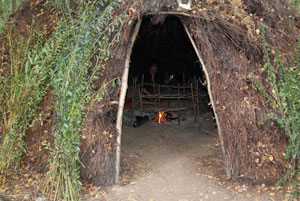
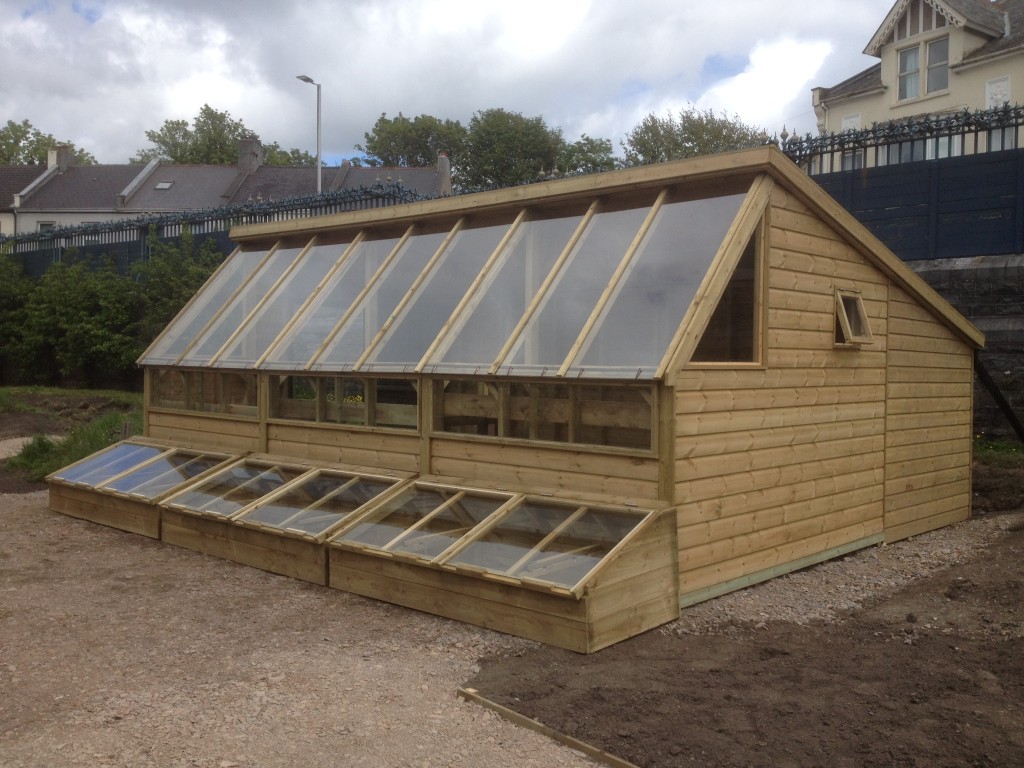
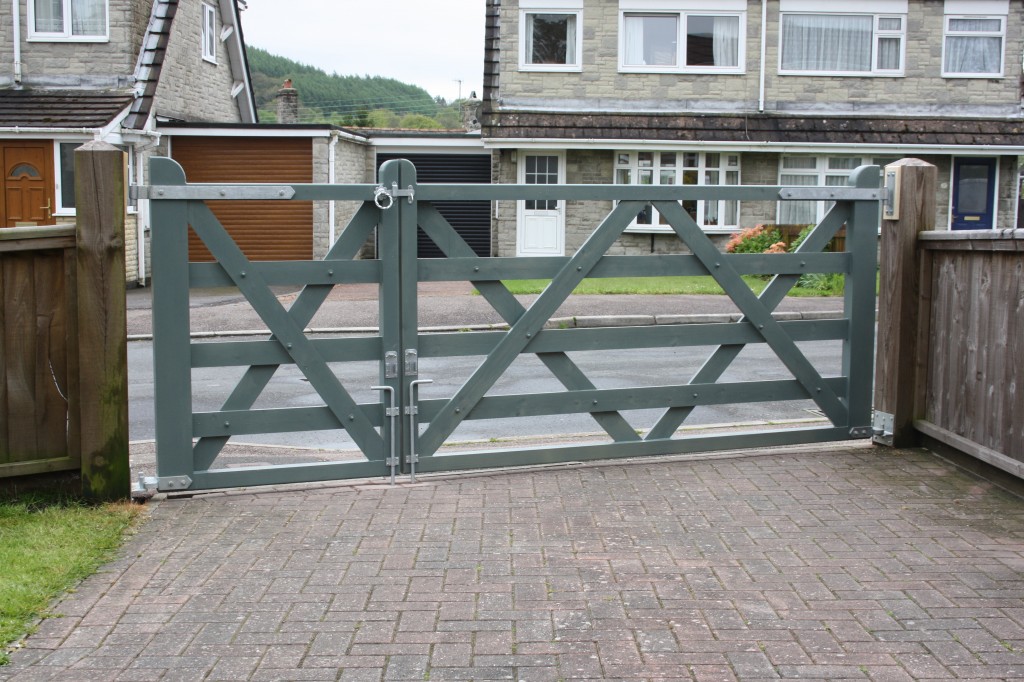
Interior garden shed ideas Savings
Photographs Interior garden shed ideas

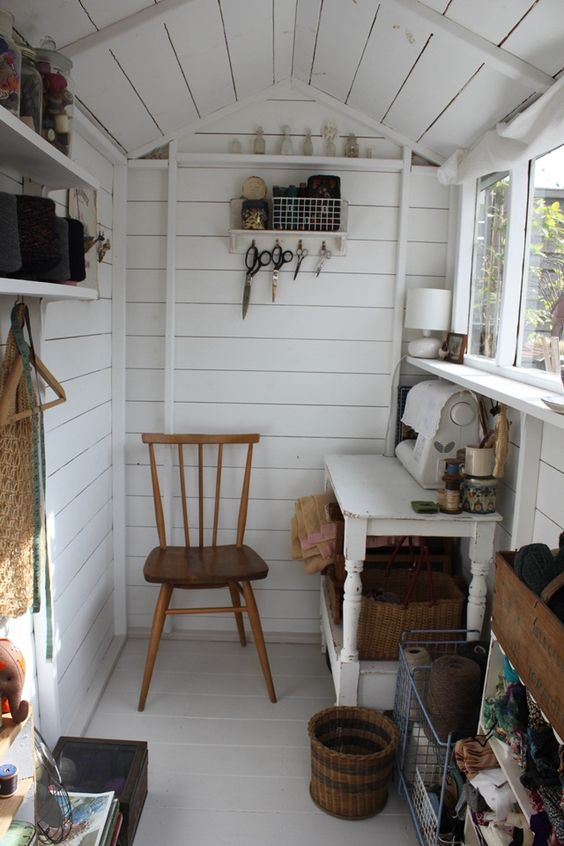
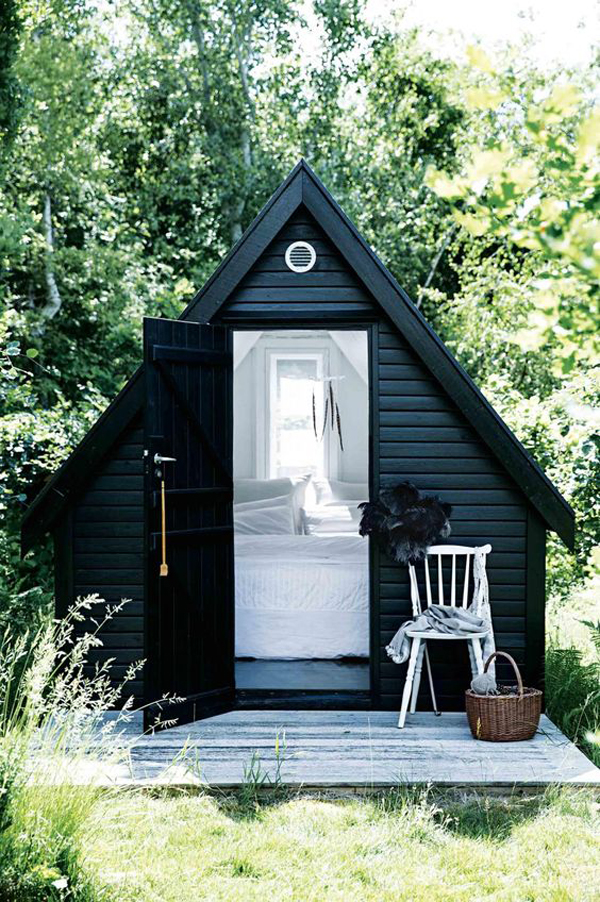
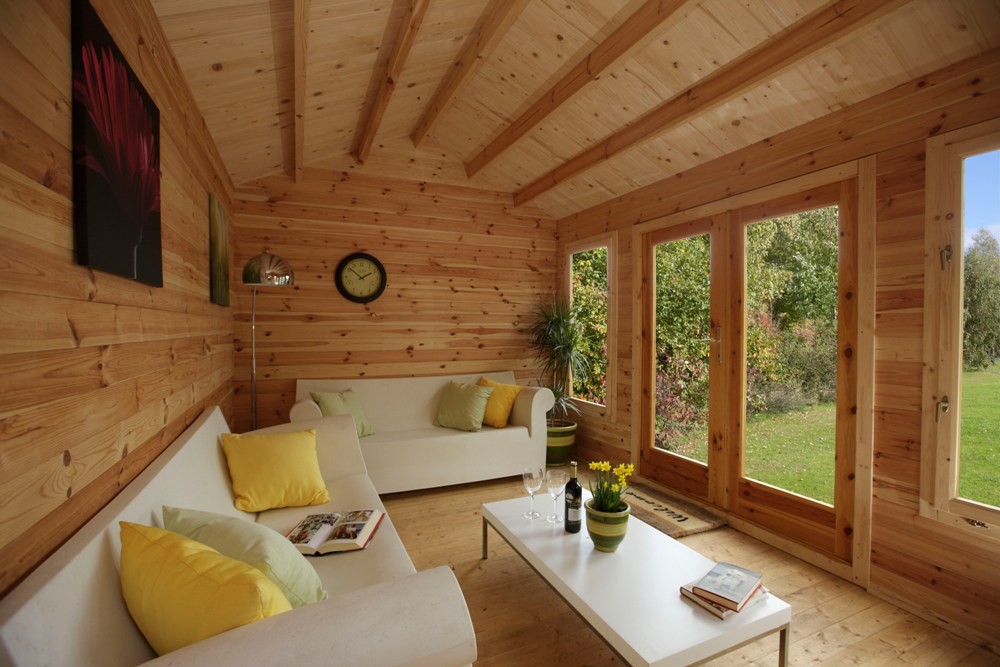
Wednesday, November 4, 2020
Cheap wood sheds for sale near me Benefit
Photos Cheap wood sheds for sale near me



Horse barn builders knoxville tn Savings
Example of this Horse barn builders knoxville tn
